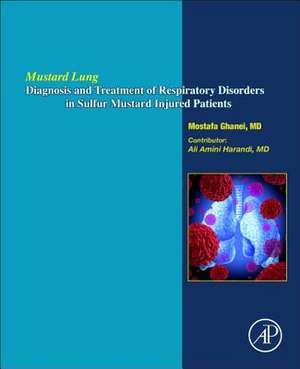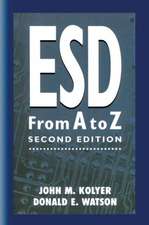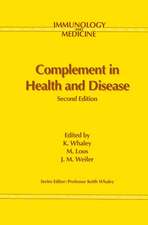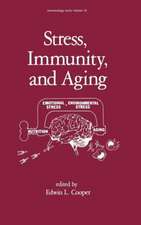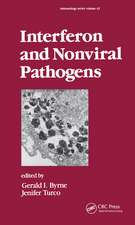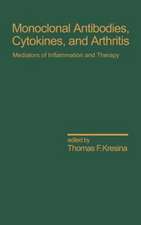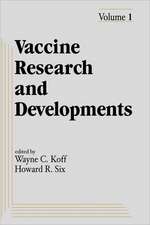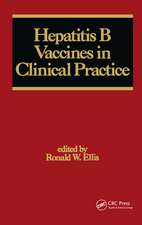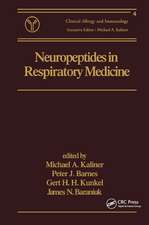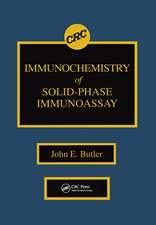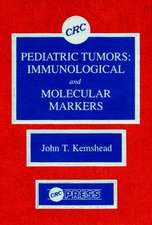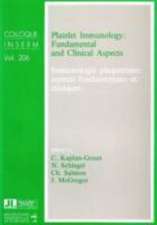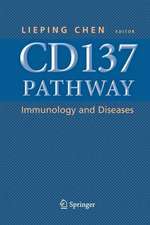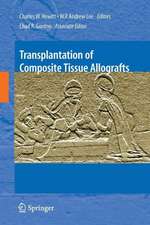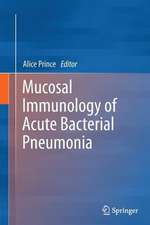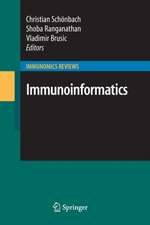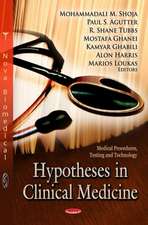Mustard Lung: Diagnosis and Treatment of Respiratory Disorders in Sulfur-Mustard Injured Patients
Autor Mostafa Ghanei, Ali Amini Harandien Limba Engleză Paperback – 8 mai 2016
For decades, chemical respiratory disorders were diagnosed and managed traditionally similar to other chronic respiratory diseases. However, the exact nature of chemical respiratory disorders is different and needs to be treated as such.
- Includes the most up-to-date basic and clinical research findings on sulfur mustard from top researchers
- Provides information on chemical agents, complications that arise due to sulfur mustard exposure, and drugs available to treat injuries
- Contains an appendix with practical prescription recommendations for patients affected by mustard lung
- Provides a bench-to-bedside look at the long term complications of vesicant exposure in humans as well as how mustard gas exposure affects lung function
Preț: 422.05 lei
Preț vechi: 444.27 lei
-5% Nou
Puncte Express: 633
Preț estimativ în valută:
80.77€ • 84.01$ • 66.68£
80.77€ • 84.01$ • 66.68£
Carte tipărită la comandă
Livrare economică 05-19 aprilie
Preluare comenzi: 021 569.72.76
Specificații
ISBN-13: 9780128039526
ISBN-10: 0128039523
Pagini: 162
Dimensiuni: 191 x 235 x 12 mm
Greutate: 0.3 kg
Editura: ELSEVIER SCIENCE
ISBN-10: 0128039523
Pagini: 162
Dimensiuni: 191 x 235 x 12 mm
Greutate: 0.3 kg
Editura: ELSEVIER SCIENCE
Cuprins
1) History of chemical weapons2) Classification and physical and chemical characteristics of chemical agents3) The Homeostasis of Immune Cells in Chemical Injuries4) Signs and symptoms of injury by Sulfur Mustard 5) Effects of Sulfur Mustard on morphology and function of respiratory system6) Gastroesophageal reflux in chemical injured patients7) Diagnostic methods in chemical injured patients8) Treatment of respiratory disorder in mustard lung9) Carcinogenicity of Sulfur Mustard10) Appendix
Recenzii
"The issue that serious students of this topic would need to access a variety of peer-reviewed and "grey" literature emanating from dissertations, meeting abstracts, or forums has now been addressed. Ultimately, the book concludes with an outline of prescriptions useful in the chronic phase of treatment. Score: 95 - 4 Stars!" --Doody's
